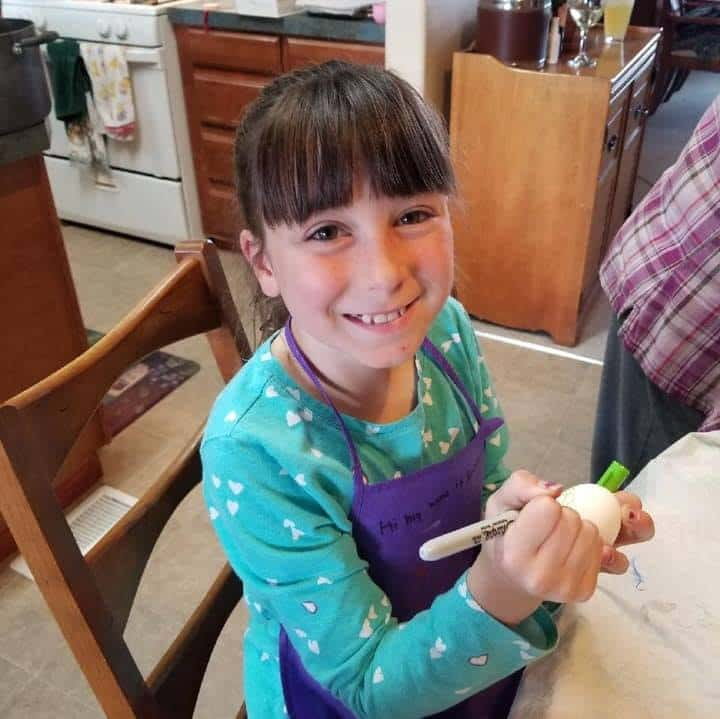Elizabeth Hammond: Nevada parents want stricter laws as daughter, 9, dies after bounce house falls onto power lines

RENO, NEVADA: A 9-year-old Reno girl named Elizabeth "Lizzy" Hammond lost her life after sustaining severe injuries when a gust of wind blew a bounce house with three children inside onto power lines on July 14, 2019. Now, the little girl's family is fighting for stricter laws and awareness among parents and bounce house operators.
The Washoe County Sheriff’s Office said that dispatchers received a call around 4 pm on July 14 stating that a bounce house had been lifted about 10 feet off the ground and got caught on the power lines in a south Reno neighborhood. Sheriff deputies immediately arrived at the scene with fire department personnel and asked Nevada energy to turn off the power supply in the area.
ALSO READ
Human remains found in Lake Mead may belong to soldier Kenneth Funk who drowned saving his wife

After a struggle, the deputies and fire officials rescued the three children. While two of the children had minor injuries and were treated at the scene, Hammond was transported to a hospital where she was declared dead two days after. "We had a lot of trauma those months following," her mother, Wendy, said. "Not only the trauma of losing your daughter but having two children traumatized by high winds."
Now, the Hammond family is taking every step possible to bring awareness and educate both parents and bounce house operators on safety practices that were necessary for everyone. Hammond's parents, Mitch and Wendy, have established a non-profit named the Lizzy Hammond foundation, that works to protect children and ensure bounce house safety through education, awareness and volunteer opportunities.
They said they were planning on pushing for a legislative bill to regulate bounce house businesses. Nevada is one of 17 states that neither has guidelines nor does it exclude inflatables from regulation. They believe that Lizzy would not have died if state or federal laws had regulated the necessary equipment to ensure the safety of children in bounce houses.
"And that’s what’s really sad … we lost our precious baby, and this guy didn’t even get a citation," Mitch said. "If we could have just had the weight, something on there, to start to give the kids a chance to get out. That’s what this law is about," Wendy said. "It’s really a matter of weighting these things down," she added.
They hope for a new law that will require bounce house businesses to be licensed, bonded and insured, in addition to being bound to other strict guidelines similar to the laws or regulations for commercial bounce houses followed in 19 different US states. "How many people have to die in an intersection before any state, locally, would put in a streetlight? Or how many people would die in a vehicle before they enforce the seatbelt law?" Mitch said. "How many kids have to die before we actually make this a federal law that bounce houses need to have certain minimum guidelines?" he added.










